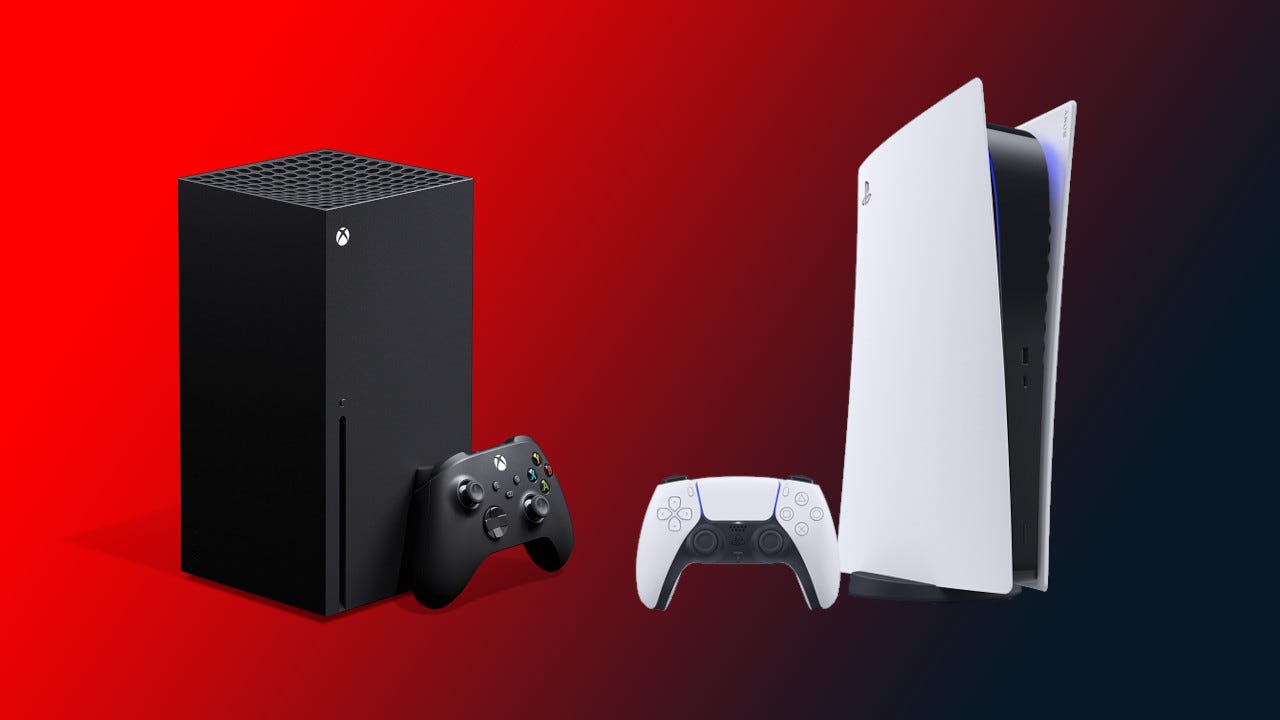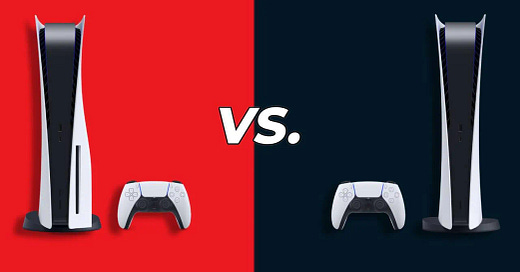
Microsoft may have to offer EU concessions to get the Activision Blizzard deal done
Reports indicate that Microsoft will offer concessions to EU antitrust regulators in a bid to stave off objections to its $69 billion Activision Blizzard takeover
➡️ The Shortcut Skinny: AB deal hits more snags
🤲 Microsoft could offer EU antitrust regulators concessions as it tries to complete its takeover of Activision Blizzard
🔟 One of the remedies Microsoft could consider is keeping Call of Duty on PlayStation for a minimum of 10 years
🇪🇺 The European Commission has until January to provide a statement of objection to the deal
🇷🇸 Microsoft's $69bn acquisition of Activision Blizzard has been approved by Saudi Arabia, Brazil and Serbia
New reports suggest Microsoft is preparing to offer EU antitrust regulators remedies and concessions in the hopes it will approve its pending acquisition of Activision Blizzard.
According to Reuters, Microsoft may try to appease the European Commission’s competition concerns by promising to keep Call of Duty on PlayStation for a minimum of 10 years.
Sony has been the biggest objector of Microsoft’s $69bn Activision Blizzard deal, which was announced in January. The Japanese company really doesn’t want Microsoft to own Call of Duty and fears it may make the blockbuster first-person shooter exclusive to Xbox and PC.
Xbox boss Phil Spencer has repeatedly denied this allegation and said “We’re not taking Call of Duty from PlayStation” and added, “as long as there’s a PlayStation out there to ship to, our intent is that we continue to ship Call of Duty on PlayStation.”
Microsoft is still confident the Activision deal will close by June 2023, but the European Commission’s ruling could scupper that goal. The multi-billion dollar deal has come under scrutiny from competition regulators in the UK and US, with reports suggesting that the FTC could block the Activision Blizzard takeover.
Like the UK’s competition regulator the CMA, the FTC is apparently concerned about how the deal will impact Sony’s ability to compete. However, Joe Christinat, an Activision spokesperson, took exception to this idea.
Christinat said: “Any suggestion that the transaction could lead to anticomp effects is completely absurd. This merger will benefit gamers and the US gaming industry, especially as we face increasingly stiff competition from abroad. We are committed to continuing to work cooperatively with regulators around the globe to allow the transaction to proceed, but will not hesitate to fight to defend the transaction if required.”
Deal or no deal?
Could Microsoft’s concessions help get the deal over the line? Yes, according to Stephanie Dionnet, a partner at law firm McDermott Will & Emery.
Dionnet told Reuters: “Ultimately, such a move could secure an early clearance with the European Commission and subsequently be used by the parties before other antitrust agencies.
"However, it remains to be seen whether the active complainants will validate such concessions (in particular in terms of scope) and if behavioral remedies will also be accepted by the CMA and the FTC," she added, referring to the UK and U.S. antitrust agencies.
Sony and Microsoft’s squabbling over why the deal should or should not be approved continues to be an unexpected source of juicy information. We recently found out that both Sony and Microsoft won’t launch the PS6 or the next Xbox until at least 2028. Microsoft also accused Sony of paying developers blocking rights to prevent games from coming to Xbox Game Pass.
Microsoft’s Activision Blizzard acquisition has been green-lit by Saudia Arabia, Brasil, and most recently Serbia. Microsoft has promised to bring games like Call of Duty, Diablo and Overwatch to Xbox Game Pass should the deal go through.
I’ve already opined on Microsoft’s pending buyout of Activision Blizzard and accused Sony of shedding crocodile tears. I still feel like that’s the case, especially as Sony said it feared the deal would allow Microsoft to raise the price of games, Xbox hardware, and its subscription service. Innovation would also suffer as a result…


Both parties are guilty of making facetious accusations, such as Microsoft believing that no one cares about Call of Duty because it doesn’t review well, and Sony saying no first-person shooter can compete with Call of Duty, including Battlefield.
The war of words will continue to rumble on in the months to come, but we’ll have to wait and see if Microsoft will indeed make some concession to appease regulators, and perhaps more importantly, Sony.














